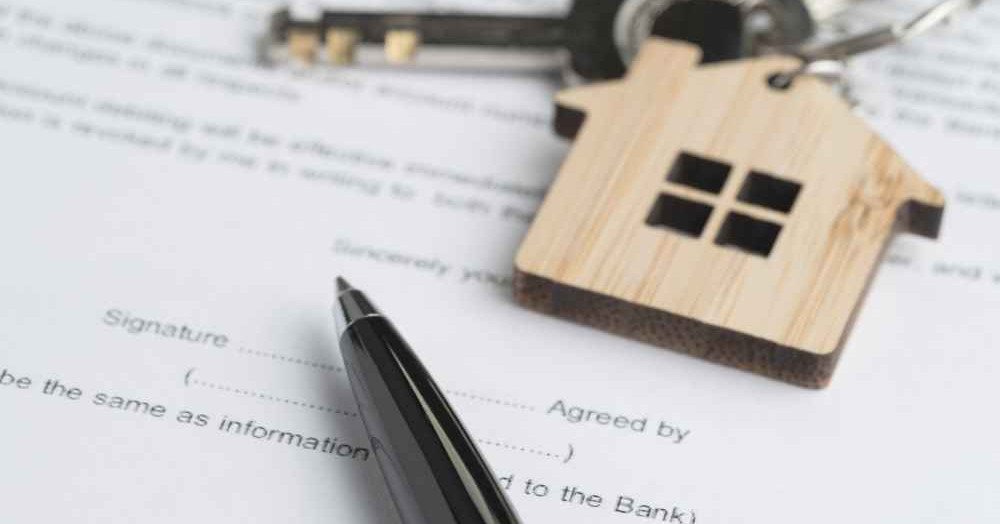
6 main steps involved in buying a house
Once you have decided who you are going to buy a house with and what your budget is, the house buying process usually goes something like this:
Find a property
The easiest way to find a property is by using an estate agent. You can set a location, budget, and any other property requirements such as number of bedrooms, then arrange a viewing for any houses that you like.
If you are not sure where to begin with your search, then you can chat to your agent who will be happy to help you find the home of your dreams.
Make an offer
Once you have found your ideal property, it’s time to make an offer. This is where things can become a bit tense, as it is not usually advised to offer the asking price unless the house is on the market at a good value price. In the majority of situations, negotiations will take place.
Make sure you have as much information about the property as possible before making an offer, such as what price similar properties have gone for, and whether the house will need any repairs or maintenance before you move in. Your position with negotiation will depend on a range of things, including whether the current owners are desperate to move, and how many others are interested in the property.
Valuation and survey
Your mortgage provider will want to value the property to find out exactly what it is lending money against. This usually involves a valuation-taking place but can also be done alongside some more in-depth inspections.
Once your offer has been accepted, you will need to get a survey done to find out more about the condition of the house. There are four main types of survey and all will provide you with different levels of information. Once you have the results you can reassess your initial offer.
Find a solicitor
You will need to hire a solicitor to get your purchase through and to provide a legal record of the property transition from the previous owner to you. The solicitor will need to check the Land Registry and check for any issues in the area, then register the ownership.
Your solicitor will also look after the money transfer for your property and deposit funds into the bank. They can also organise the stamp duty payment or you can pay it directly to HMRC.
Exchange of contracts
Once the money has been transferred, your solicitor will work with the seller’s solicitor to put all the terms of the sale into place. This will outline who the sellers and buyers are and how much the property is being bought for.
Once the terms have been agreed, the contracts are exchanged and signed, and both parties must legally go ahead with the deal. The deposit must be transferred to the seller and a date for completion is put in place.
Completion
The day you have been waiting for since you found the house of your dreams. On the day of completion you will get the keys to your new property and you will officially own it. All legal paperwork should now be complete and you can usually just pick the keys up from your estate agent.
All that’s left is to move in your furniture and really make your house a home. If you are going to use a removal company, then make sure you get a few quotes to ensure you are getting the best deal possible.